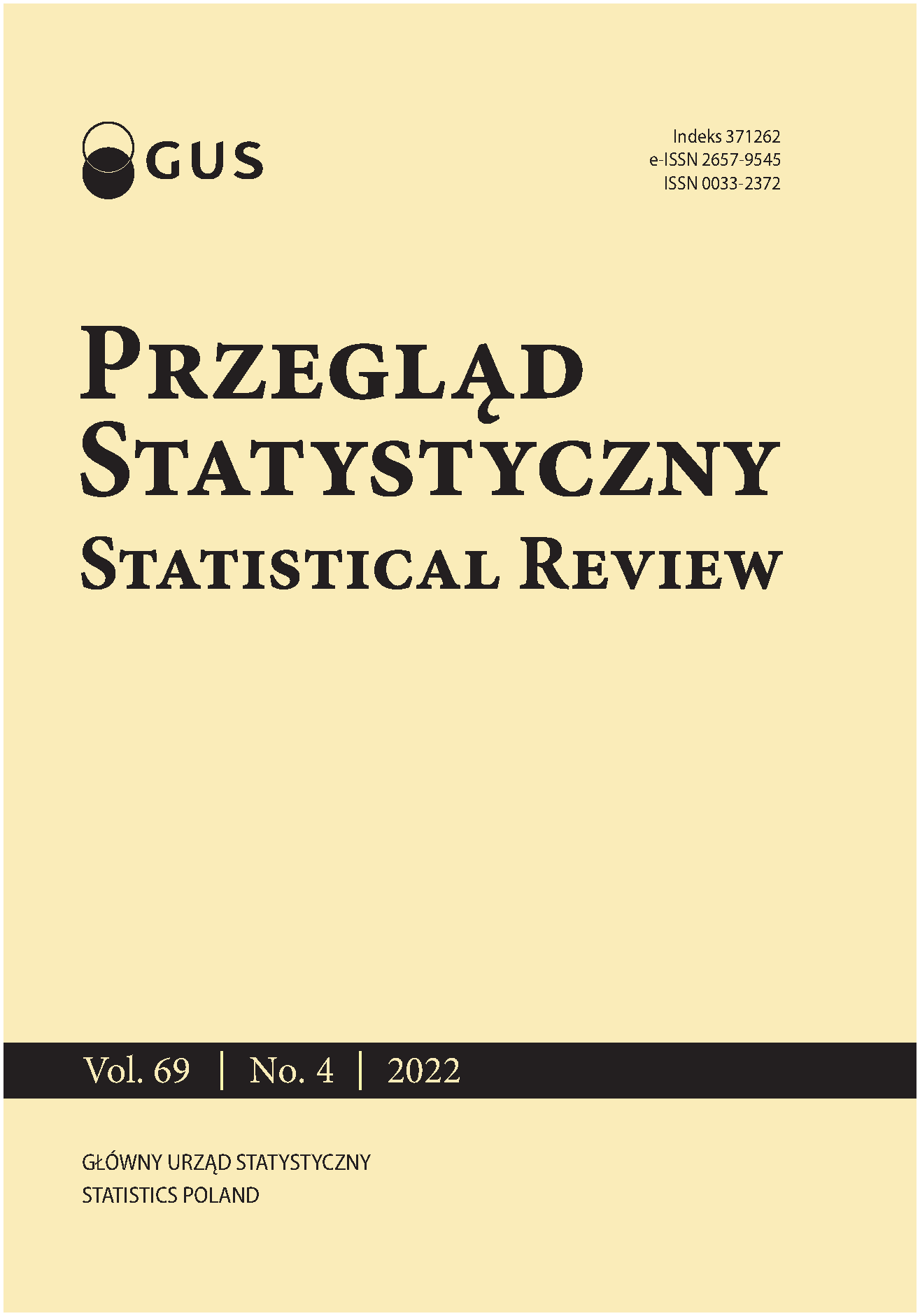Impact of a priori positive information on the results of voting methods
Impact of a priori positive information on the results of voting methods
Author(s): Honorata Sosnowska, Michał Ramsza, Paweł ZawiślakSubject(s): Economy
Published by: Główny Urząd Statystyczny
Keywords: a priori information; strategic voting; voting methods
Summary/Abstract: The aim of this paper is to present the results of experiments relating to voting methods based on the bounded rationality theory. The research demonstrated that a positive nudge changes the voting results. The study focused on three methods of voting: the Borda Count method, the Condorcet winner method and the anti-manipulation method. In a laboratory experiment, the subjects were asked to select the best musician. They were to manipulate their voting so that a predetermined winner is chosen. In the first voting, the subjects did not receive any a priori information, while in the second voting, some a priori information was provided, i.e. the true, objective ranking of the musicians. What followed was another voting. It was initially assumed that the participants would manipulate their voting the same way as in the first voting. The results, however, were different. The obtained second ranking of musicians was closest to the true, objective ranking, thus proving that the manipulation effect was neutralised by the a priori positive information about the true, objective order.
Journal: Przegląd Statystyczny. Statistical Review
- Issue Year: 69/2022
- Issue No: 4
- Page Range: 29-40
- Page Count: 12
- Language: English

